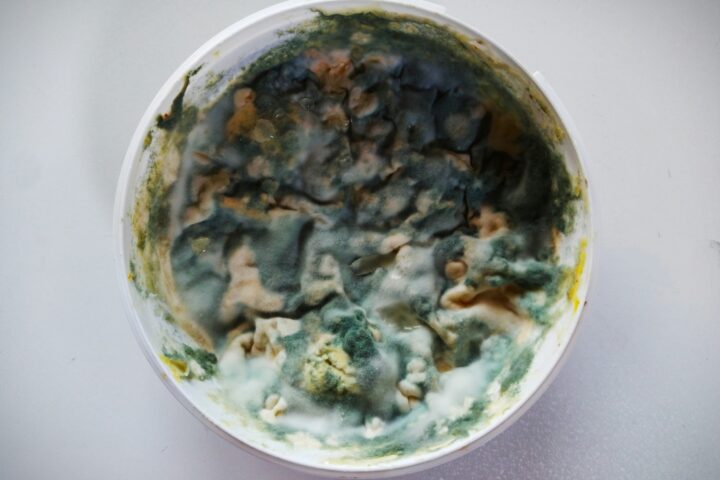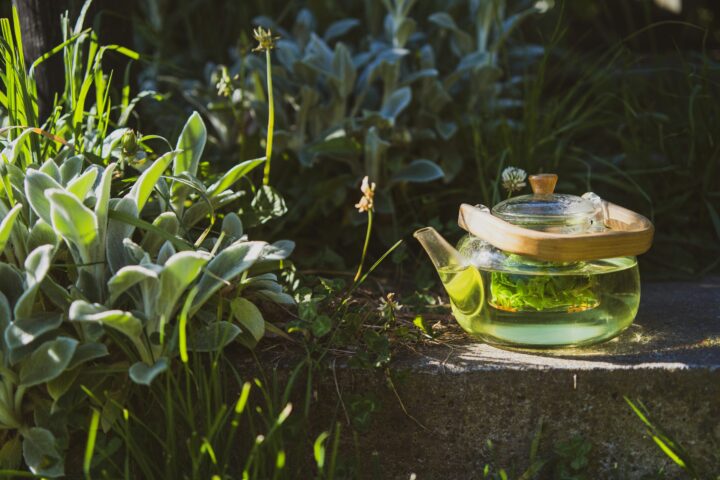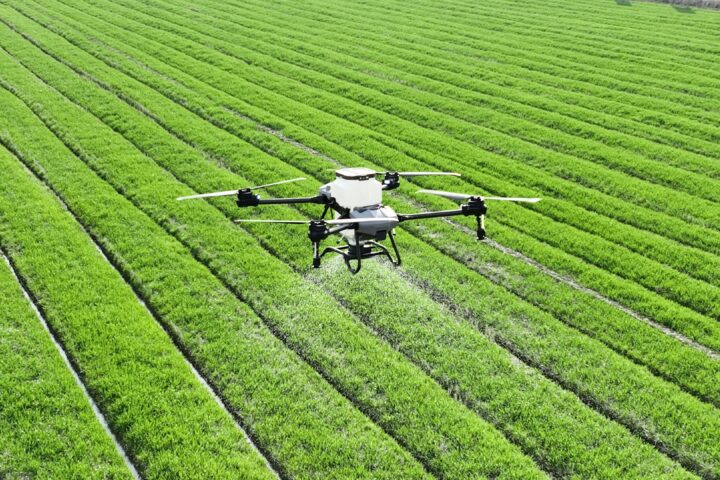
"Natural is healthy, chemicals are toxic."
Everything that occurs in nature is healthy and synthetically produced substances, i.e. "chemical" substances, are toxic. This myth is fundamentally wrong: There are many highly toxic substances in nature, and at the same time there are many synthetic substances that are absolutely harmless.
Saturday, November 2, 2019
In brief
- The possibility of producing active substances synthetically also has a positive effect on animal life and biodiversity.
- "Natural" heavy metals can be very harmful if used incorrectly.
- The fungus toxin aflatoxin is highly carcinogenic. However, the use of suitable fungicides can prevent this risk.
Particularly in connection with plant protection products, the opinion is widespread that natural is good and chemicals are bad. But such a black and white outlook is factually wrong and ill-considered.
Synthetic production of natural identical substances
Many synthetic plant protection products are identical to nature. The possibility of producing active substances synthetically also has a positive effect on animal life and biodiversity. This is because it prevents useful substances from being taken directly from an animal. This applies, for example, to the important pheromones in organic farming. These are substances used to attract harmful insects. In a "natural" way, the active substance would have to be extracted from millions of butterflies.
The application is crucial
Even potentially dangerous plant protection products, whether produced synthetically or directly from nature, are safe for humans, animals and the environment when used correctly. Conversely, naturally occurring substances such as copper, popular in the organic farming industry, can be very harmful if used incorrectly. Copper accumulates in the soil and has a toxic effect on soil organisms such as earthworms. Copper can also have a negative effect on human health. Even untreated, "natural" foods can be dangerous. This is when they contain residues of the fungus toxin aflatoxin. This is considered to be highly carcinogenic. However, the use of suitable fungicides can prevent this risk. Another example is poisonous weeds that can be harvested with the main product. The use of herbicides such as glyphosate can prevent toxins from unwanted plants from contaminating the crop. The examples show: "Natural" can also be toxic.
Blindspot article
Ultimately, everything is chemistry
Chemistry is usually equated with the synthetic production of substances in the laboratory. But there are also people and much of what they do every day is chemistry, as this shortvideoclearly shows. Synthesis refers to the process of making a compound from elements or a new substance from compounds. Basically, this has nothing to do with poison at all. Natural substances can also be produced synthetically. The synthetic production of plant protection products offers many advantages and can also relieve the environment. Find out more here.
Related articles

Pesticides in Green Smoothies
After countless recipes for Christmas cookies, festive roasts and cocktails, the advice on losing weight, detoxing and beautifying oneself now takes centre stage. Most of it is sheer nonsense.

Natural Toxins: An Underestimated Risk in Our Food
Safe food cannot be taken for granted. While chemical substances are often the focus of public criticism, reality shows that the greatest risks to food safety are of natural origin. Recent recalls of infant food products illustrate how insidious bacterial toxins or moulds can be.

Herbal Teas: Making You Sick Instead of Slim
Plant protection products are frequently the focus of public criticism. Far less attention is paid to the fact that natural ingredients in teas and dietary supplements are also biologically active and can pose health risks.

Ensuring Food Security Through Innovation
Agriculture stands at the centre of a global field of tension shaped by climate change, geopolitical crises and growing demand for food. Insights from the World Economic Forum in Davos show that the industry’s response lies in the intelligent combination of digital precision and biological progress.

